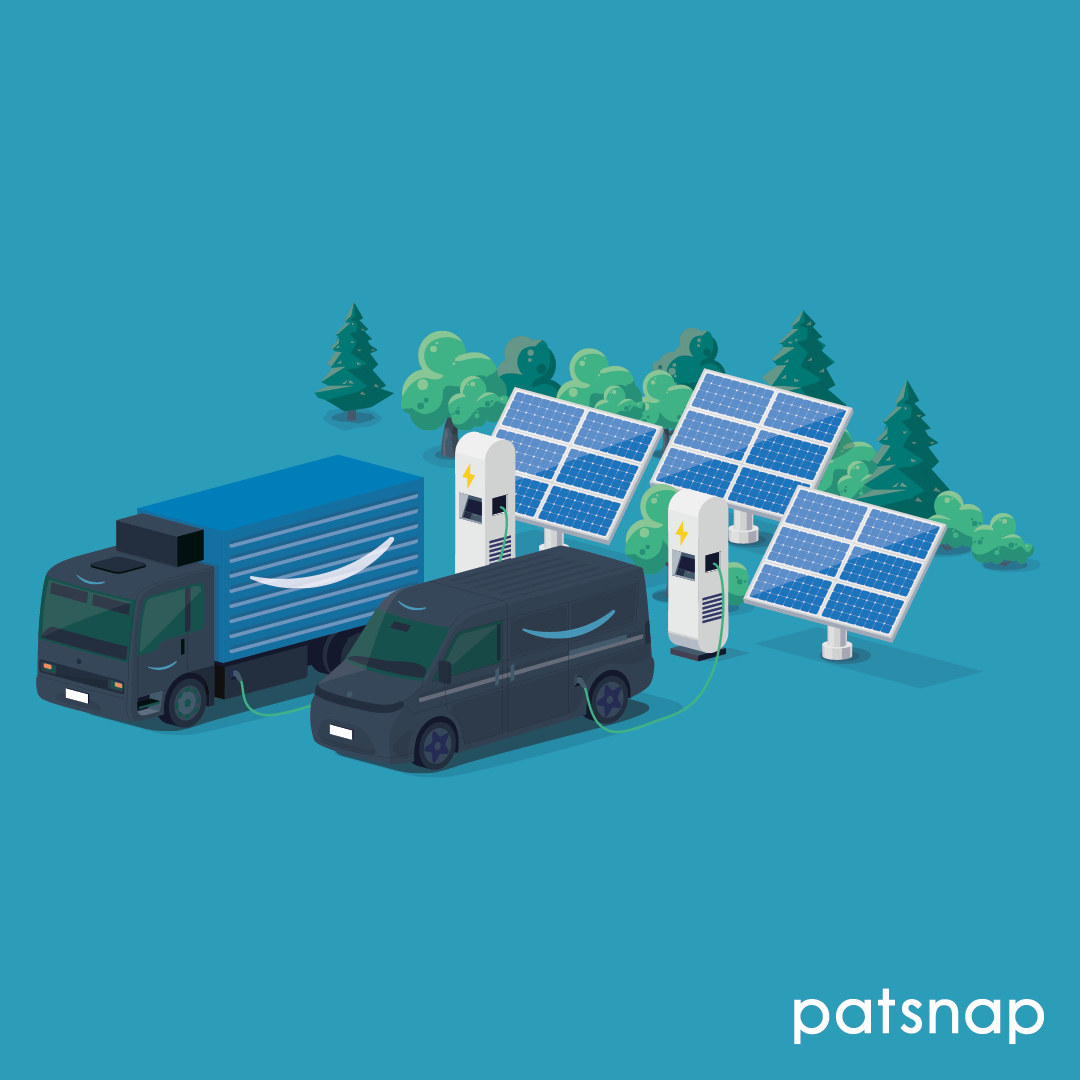
The goods transport industry, while a rapidly growing and vital link to the global economy, is a challenge for building a sustainable future. Emissions from heavy-duty vehicles have increased by an average of 2.2% every year since 2000. In response, regional governing bodies continue to set new rules aimed at reducing emissions. While efforts such as the European Green Deal and California’s Advanced Clean Cars II rule look to usher in an emission-free future, it is up to private companies to reduce climate impact without destabilizing a critical industry.
E-commerce leader Amazon has proven commendable commitment to sustainability and reducing climate impact. In 2019 Amazon co-founded the Climate Pledge which saw Amazon commit to being zero carbon emissions by 2040, 10 years ahead of the Paris Agreement goals.
To meet these ambitious goals, Amazon has turned to its culture of innovation.
This article was curated using our AI-powered Discovery Product, which connects billions of patent and non-patent data points. Get the technology insights and competitive intel you need.
Amazons’ innovative response to emissions growth
Amazon thrived during the pandemic, as consumers turned to online retailers. Revenue increased by 67.5% between 2019-2021. However, this success came with consequence to the climate, with Amazons carbon emissions growing by 19% in 2020.
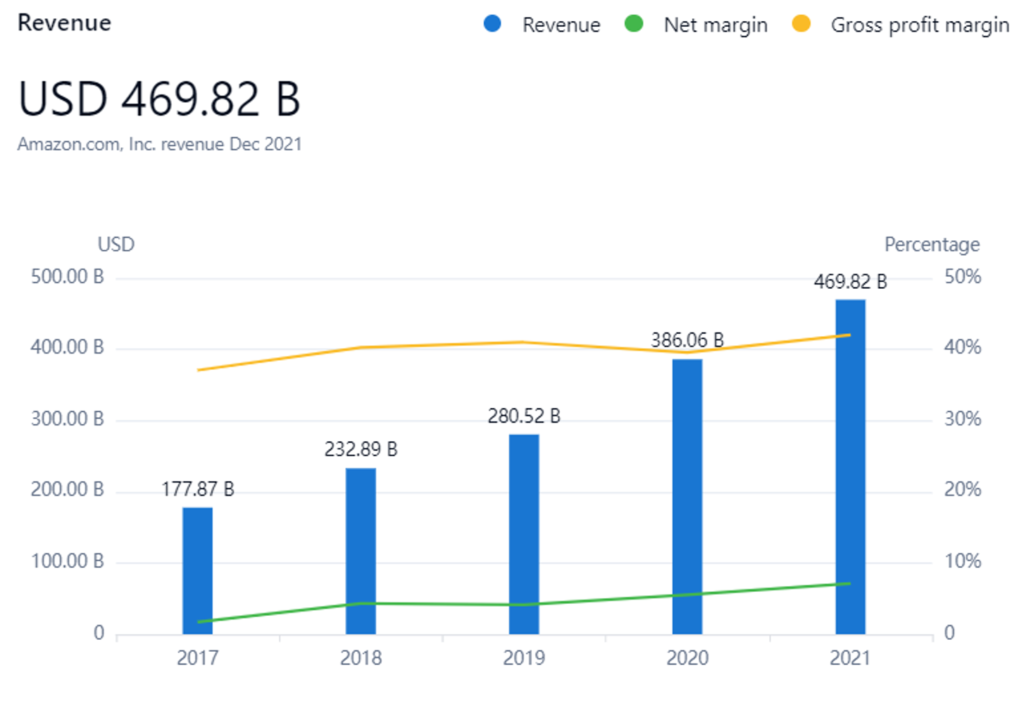
In response, Amazon moved quickly into sustainable distribution, using over 3,000 fully electric vans to deliver goods across Europe in 2021. Earlier this year, Amazon launched five new electric Heavy Good Vehicles (HGV) for the first time in its UK fleet, preventing 170 tons of CO2 emissions even as the company plans to release four more by the end of year. Truck manufacturer DAF is the producer of Amazons new electric HGV fleet in the UK. DAF has been heavily investing in innovation to disrupt the electric heavy goods vehicle market.
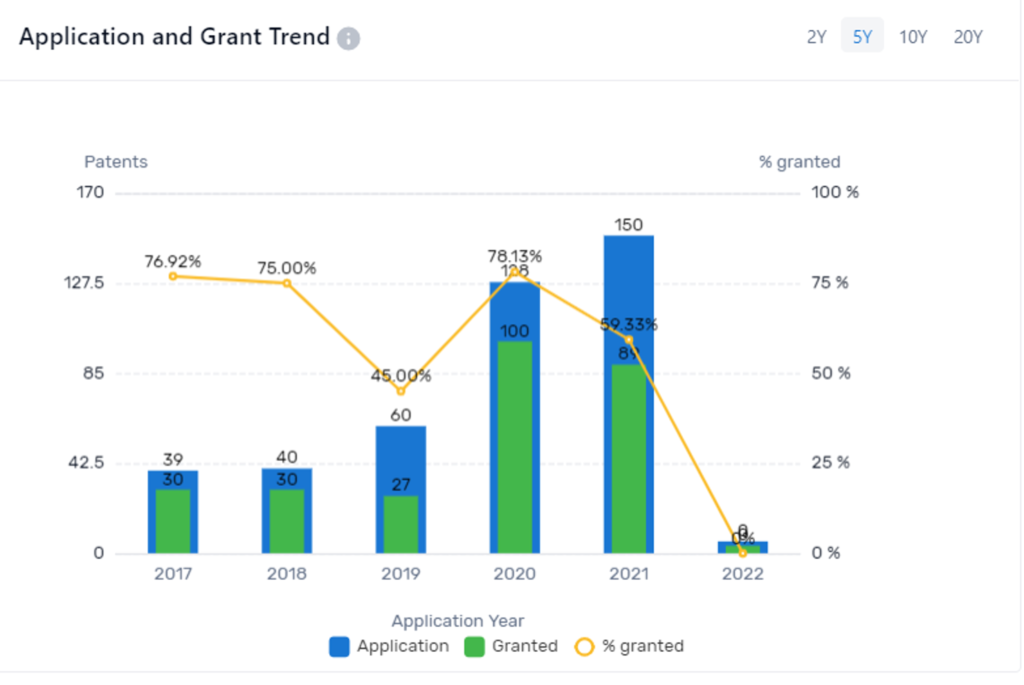
On the other side of the globe, Amazon has recently rolled out a new range of fully electric vans across the US. The company is pushing to have a thousand electric vans in more than 100 cities by years end, with the goal of 100,000 vehicles across the U.S by 2030. This immense launch is made possible through Amazon’s partnership with Rivian, a high-tech automotive firm. Rivian has received an influx of investment in recent years to grow their platform, for a total of 19.3 billion in funding with 4.5 billion coming from Amazon alone.
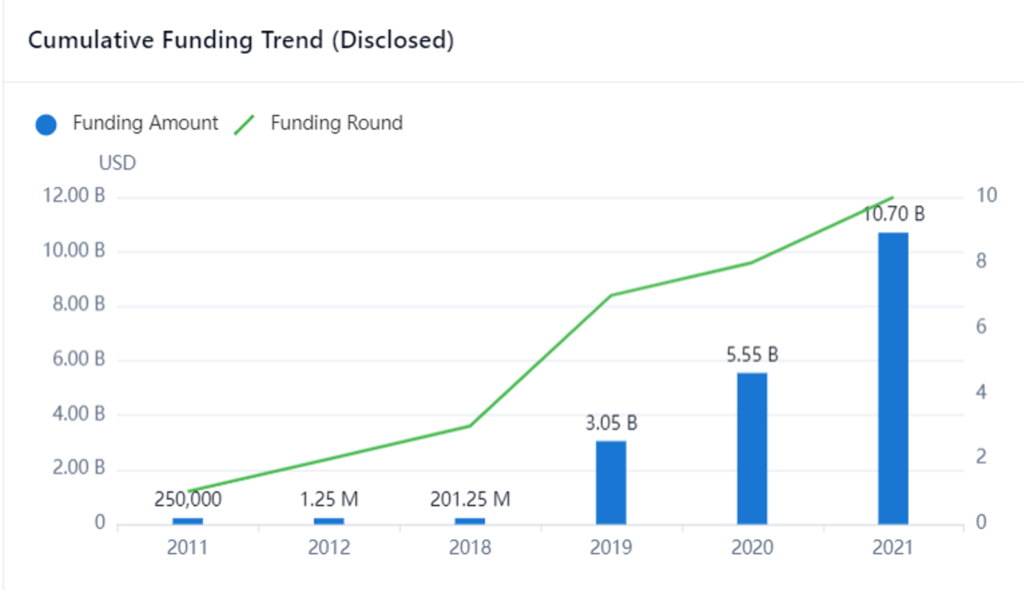
Amazon is not the only company seeing the value in electric vehicle (EV) investment. Overall, the EV market was estimated to value at 196.42 billion dollars in 2021 and is expected to continue to grow 17.39% year over year.
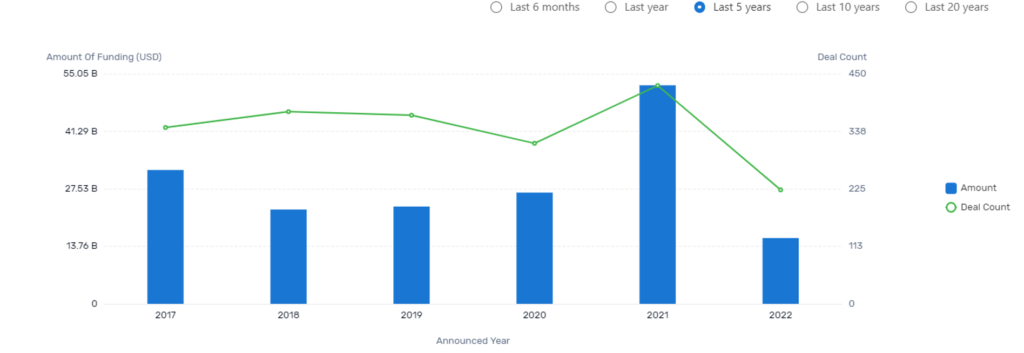
Conclusion:
Amazon once again proves itself as a technology leader, quickly rolling out novel solutions to reduce emissions. By using vast scale and innovative culture, as well as tapping into the ingenuity of its partners, Amazon sets an example for other companies looking to grow while fighting climate change.
If you’re interested in keeping track of new developments in the climate change space, try our Discovery platform for free. It provides you with instant access to billions of global data points including company news, M&A activity, VC investments, tech trends, and more!
Author Bio

William works as a Product Specialist at PatSnap, with a focus on the Discovery Platform. He is pursuing a bachelor’s degree in Business Management at the University of Brighton. In his spare time, William enjoys sports and reading novels.
